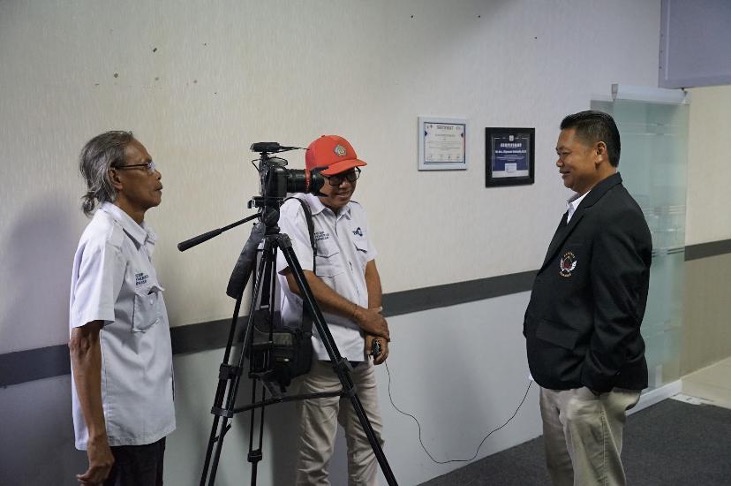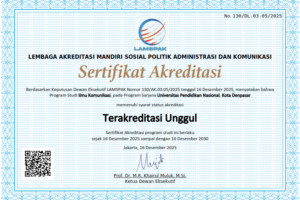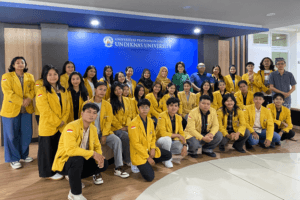
Gilimanuk-Mengwi Toll Road: Balancing Benefits and Social Challenges
Denpasar – Infrastructure development in Indonesia has been a hallmark of President Jokowi’s leadership, with various projects designed to accelerate economic growth and improve connectivity. One prominent project is the construction of the Gilimanuk-Mengwi Toll Road in Bali. However, like many other large-scale projects, the construction of this toll road brings diverse impacts to the local community, which need to be carefully considered.
In a comprehensive interview, Dr. Drs. I Nyoman Subanda, M.Si, discussed in depth the social and economic impacts of this project. One crucial point raised was the “loss of agricultural land, their historic houses will be lost, those who come is a lot of money.” The construction of the toll road indeed requires vast lands, often fertile agricultural lands and historical homes. Despite the financial compensation provided to landowners, the loss still carries significant emotional and historical impacts.
One of the main benefits of the Gilimanuk-Mengwi Toll Road construction is the improvement in travel efficiency. “Traffic jams that have haunted the journey from Denpasar to Gilimanuk will disappear because with the toll road it can only be taken with a time of 1.5 hours that before it can be up to 5 hours,” said Dr. Subanda. This not only saves travelers’ time but also opens up new opportunities for increased productivity and travel comfort. However, there are also negative impacts on small roadside businesses that rely on travelers stopping during long journeys.
Infrastructure development such as toll roads often creates new business opportunities. Around rest area areas, usually new businesses such as cafes and karaoke appear. Dr. Subanda reminded that “toll roads may create new business opportunities around rest areas and improve businesses such as cafes and karaoke, which can have other social impacts.” However, this also means new challenges such as the potential increase in dirt and the night business world that can damage local social harmony.
One of the biggest concerns is the impact of development on Bali’s identity and culture. “Bali’s culture and identity are not just part of the spiritual spirit of the community, but also the backbone of Bali’s tourism economy,” emphasized Dr. Subanda. Bali’s strong and distinctive cultural identity is a valuable asset that must be preserved. Massive infrastructure development could erode this identity if not managed properly.
To mitigate negative impacts and maximize the benefits of the Gilimanuk-Mengwi Toll Road development, the active role of government and society is crucial. Dr. Subanda emphasized that “the conversion of fertile land, we need to think about finding a new breakthrough so that the agricultural productivity that will be lost can be replaced or may be able to get something else.” Local governments need to find innovative solutions to replace lost agricultural productivity and ensure that the compensation provided is used productively and sustainably. In addition, educating the community about the importance of using compensation money for long-term investments is crucial. “They need to be reminded and educated so that the benefits and replacement that they get today become the capital for the next luck, not unlucky and finally become unlucky,” said Dr. Subanda.
The construction of the Gilimanuk-Mengwi Toll Road is part of a major effort to improve connectivity and economic development in Bali. However, the accompanying social and cultural challenges require serious attention. Dr. Subanda calls on us to “remind each other and unite to be aware of the complexity of social problems that have repeatedly tested the resilience of our Balinese identity.” With a wise and collaborative approach between the government and society, the benefits of this development can be widely felt without sacrificing the valuable cultural heritage and local identity. Let’s together maintain a balance between progress and preservation, so that Bali remains vibrant and successful with its strong identity and rich culture.



